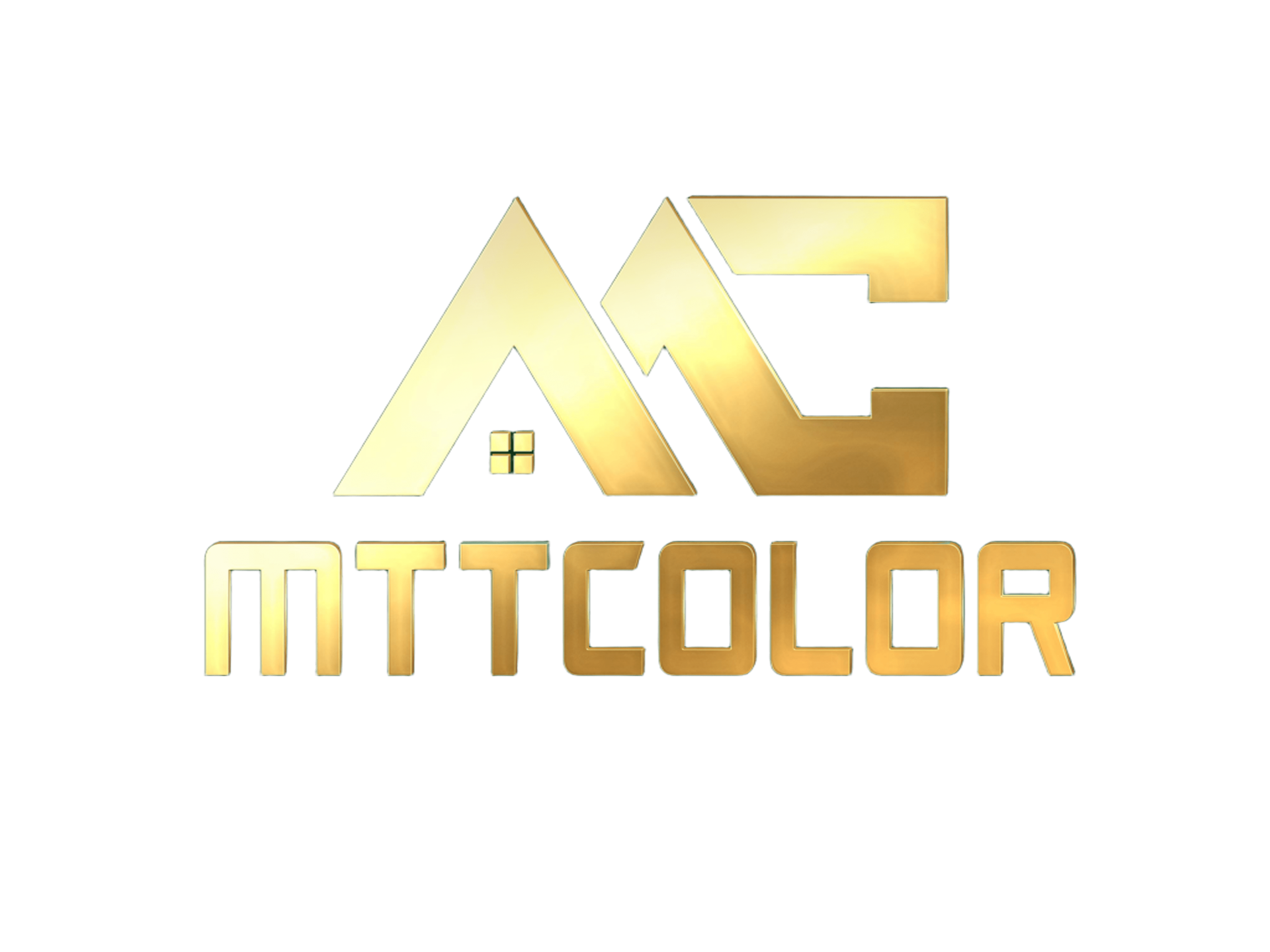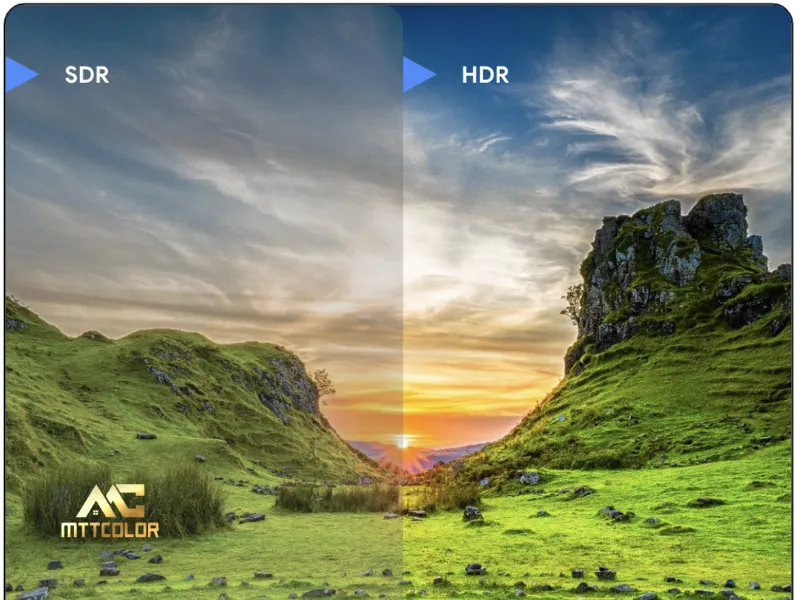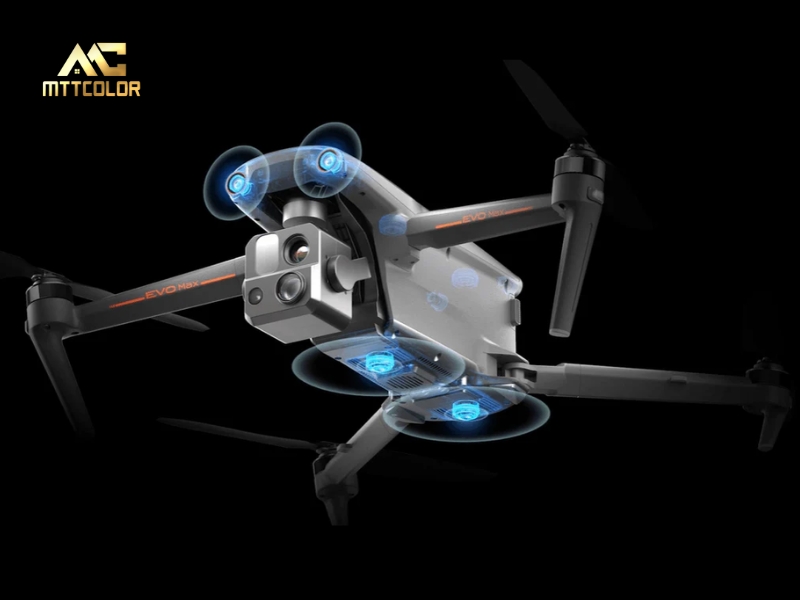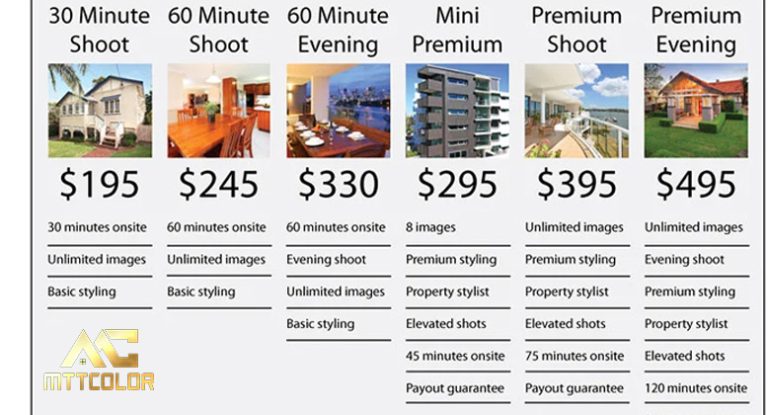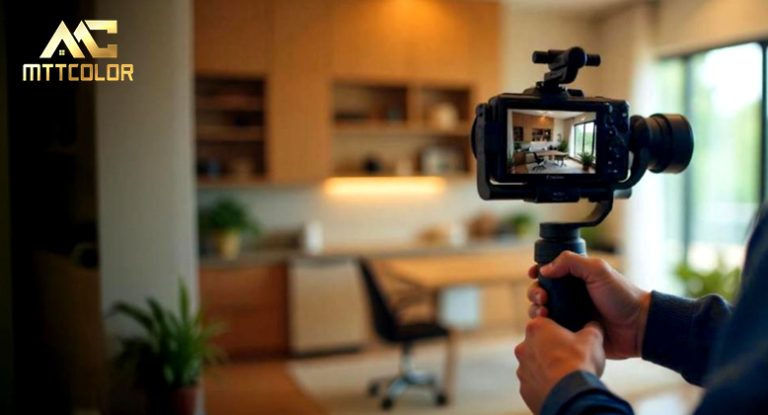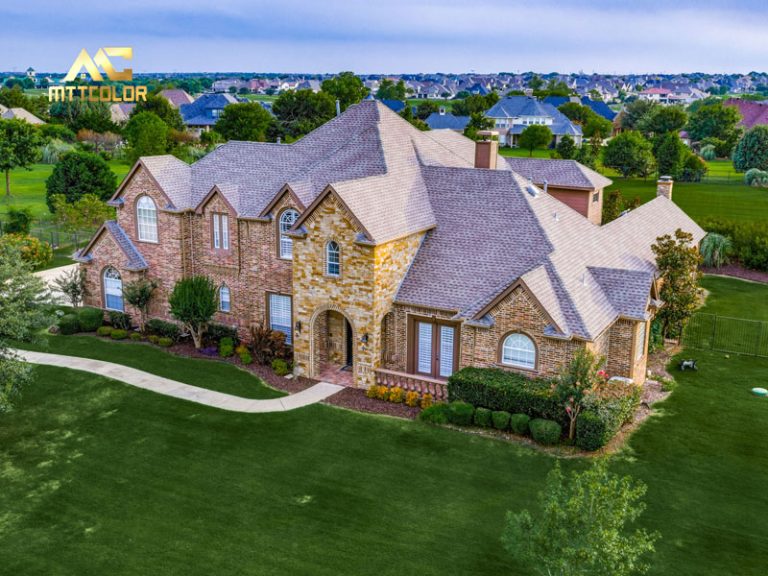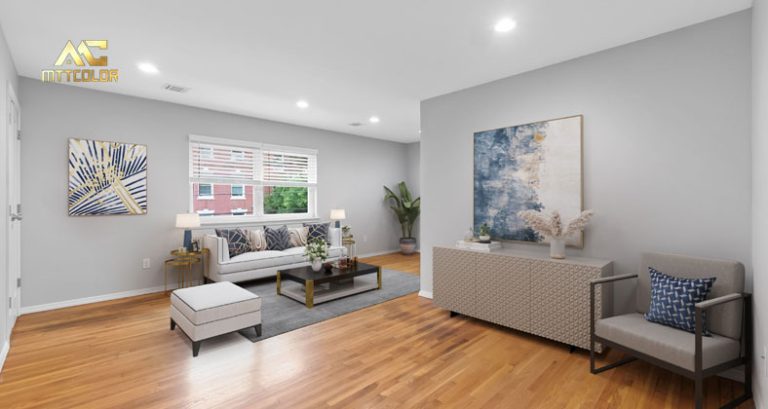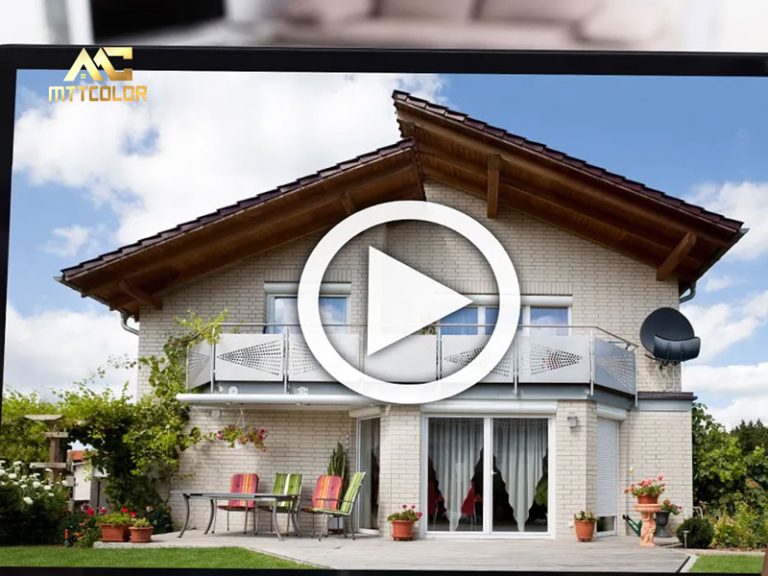Top 5 Best Drone for Real Estate Videography in 2025
Why Invest in the Best Drone for Real Estate Videography?
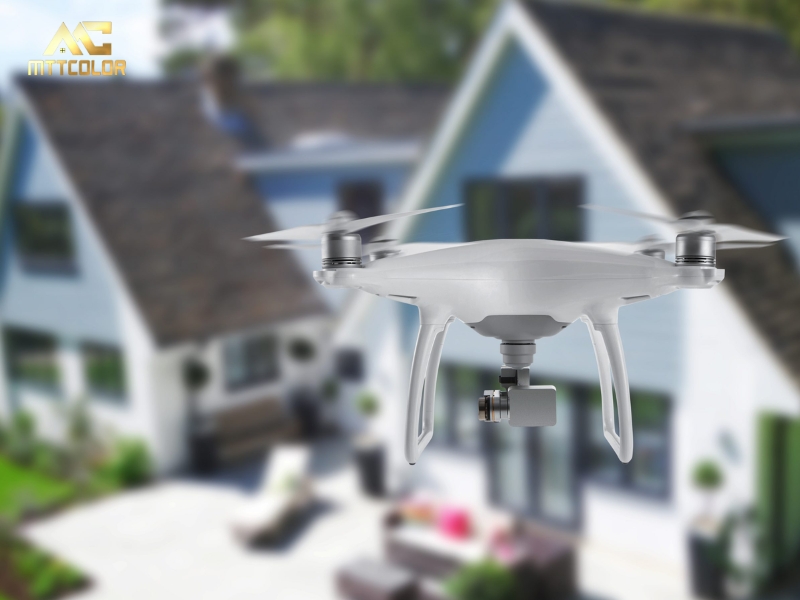
A high-quality drone transforms property marketing by delivering cinematic footage that captivates potential buyers. Aerial videos can showcase a home’s layout, proximity to amenities, and surrounding environment in ways ground-based photography cannot. According to a 2024 study by the National Association of Realtors, listings with aerial footage sell 68% faster than those without. Investing in the best drone for real estate videography ensures professional results, saves time on shoots, and enhances your brand’s credibility. For example, a well-executed drone video of a suburban estate with a pool and lush backyard can evoke an emotional connection, driving buyer interest.
How to Choose the Best Drone for Real Estate Videography
Selecting the right drone requires balancing technical specifications, usability, and budget. Below are the critical factors to consider, with specific benchmarks to guide your decision:
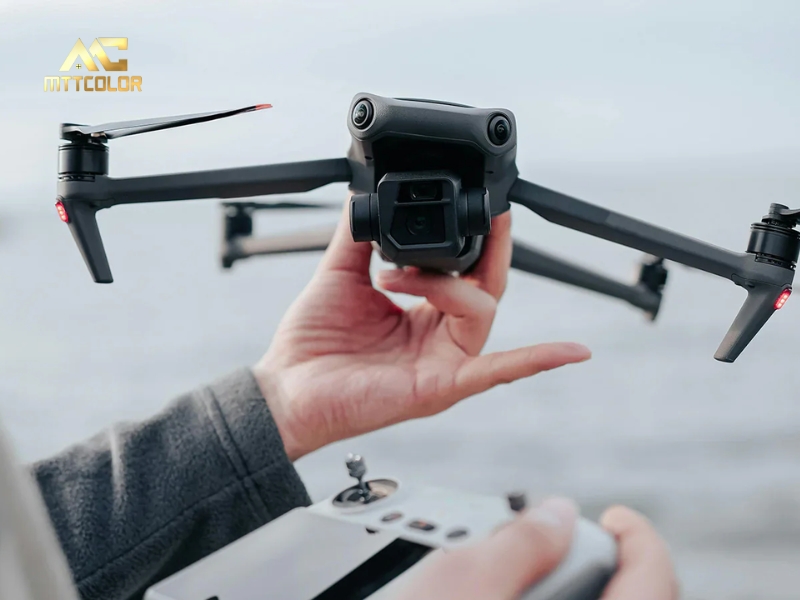
Camera Resolution and Video Quality
The camera is the heart of real estate videography. Look for drones with at least 4K resolution at 60fps and HDR support for vibrant, detailed footage. Advanced models like the DJI Mavic 3 Pro offer 5.1K video and a 4/3 CMOS sensor, capturing fine details like roof textures or garden layouts. A drone with adjustable aperture (e.g., f/2.8–f/11) provides flexibility in varying light conditions, crucial for outdoor shoots.
Flight Stability and Wind Resistance
Smooth footage is non-negotiable, especially when filming in breezy conditions common at open properties. Drones with 3-axis gimbals and wind resistance ratings of Level 5 (19–24 mph) or higher ensure stability. The Autel Evo II Pro V3, for instance, maintains steady shots in winds up to 27 mph, ideal for coastal or hilly locations.
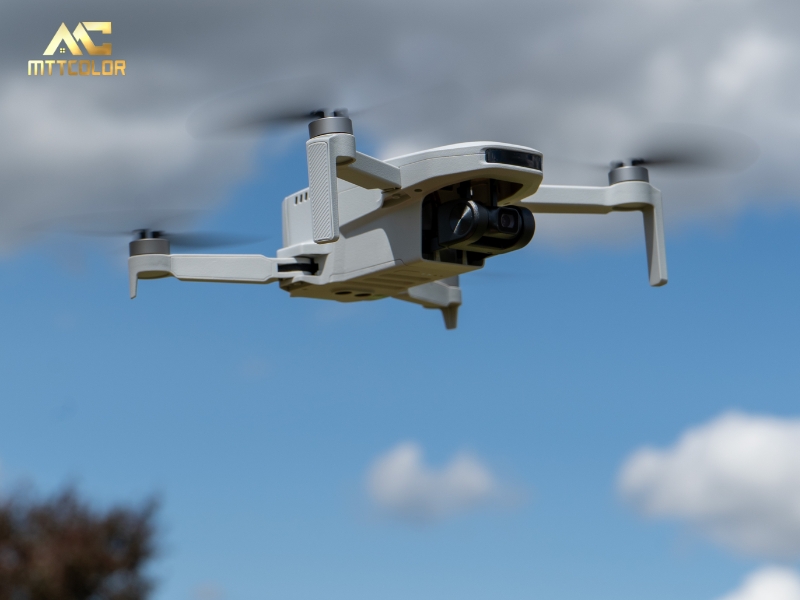
Battery Life and Flight Duration
Long flight times reduce the need for frequent battery swaps, allowing you to capture multiple angles in one session. Aim for drones with 30+ minutes of flight time. The DJI Air 3S offers 46 minutes, enough to film a large estate and its surroundings without interruption.
Navigating around trees, power lines, or buildings is common in real estate shoots. Drones with omnidirectional obstacle avoidance, like the DJI Mini 4 Pro, use multiple sensors to detect and avoid obstacles, reducing crash risks. This is especially useful in suburban areas with dense landscaping.
Portability and Compact Design
Portability matters when traveling between properties. Drones under 250g, such as the DJI Mini 3 Pro, are exempt from FAA registration for non-commercial use, saving time and paperwork. Foldable designs also fit easily into a backpack, streamlining your workflow.
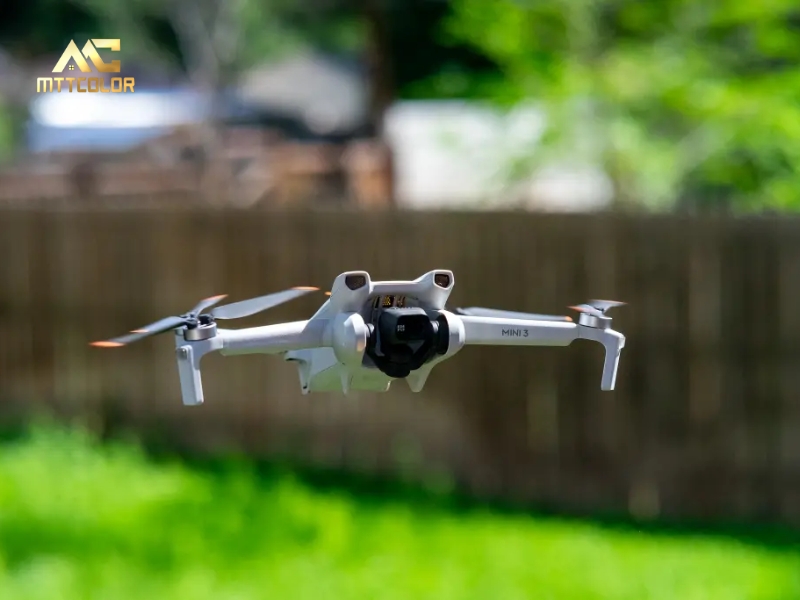
User-Friendly Features for Beginners
For those new to drones, intuitive controls and automated flight modes are essential. Features like QuickShots (pre-programmed cinematic movements) or ActiveTrack (subject-following) simplify complex shots. The DJI Mini 4 Pro’s user-friendly app and one-tap takeoff make it a favorite for beginners.
The 10 Best Drones for Real Estate Videography in 2025
After analyzing performance, user reviews, and industry trends, here are the top 10 drones for real estate videography in 2025, with detailed specs and use cases:
1. DJI Mini 4 Pro
Specs: 4K/60fps HDR, 1/1.3″ CMOS sensor, 34-minute flight time, <250g, omnidirectional obstacle avoidance.
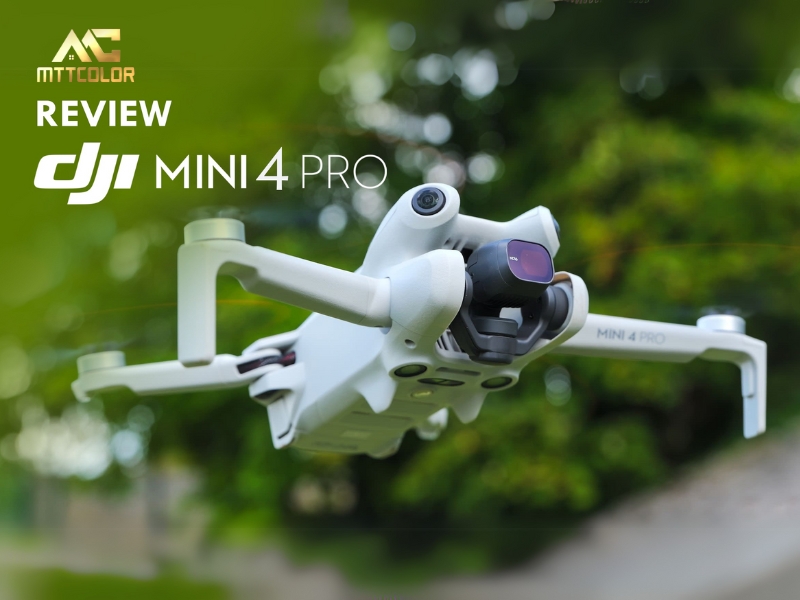
Why it’s great: Its lightweight design avoids FAA registration for hobbyists, while 10-bit HDR video captures vibrant property colors. The 360° propeller guard enhances safety in tight spaces.
Use case: Perfect for small to medium properties, like urban condos or suburban homes, where portability and quick setup are key.
2. Autel Evo II Pro V3
Specs: 6K/30fps, 1″ CMOS sensor, 40-minute flight time, 9-mile range, Level 8 wind resistance.
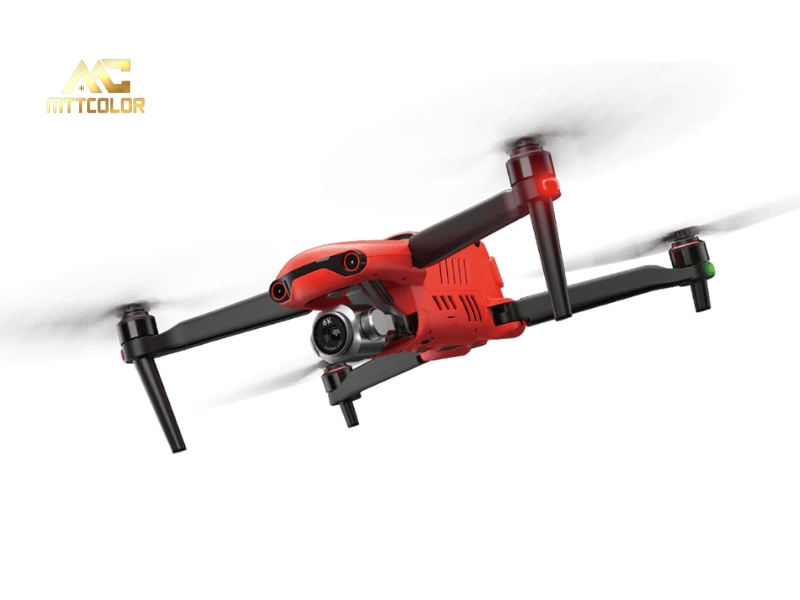
Why it’s great: The 6K camera excels in low-light conditions, ideal for dusk shoots. Its Moonlight Algorithm 2.0 enhances detail in shadowy areas, like tree-lined estates.
Use case: High-end properties requiring ultra-detailed footage, such as luxury villas or rural estates.
3. DJI Air 3S
Specs: Dual cameras (1″ wide, 1/1.3″ telephoto), 4K/60fps HDR, 46-minute flight time, 12-mile range.
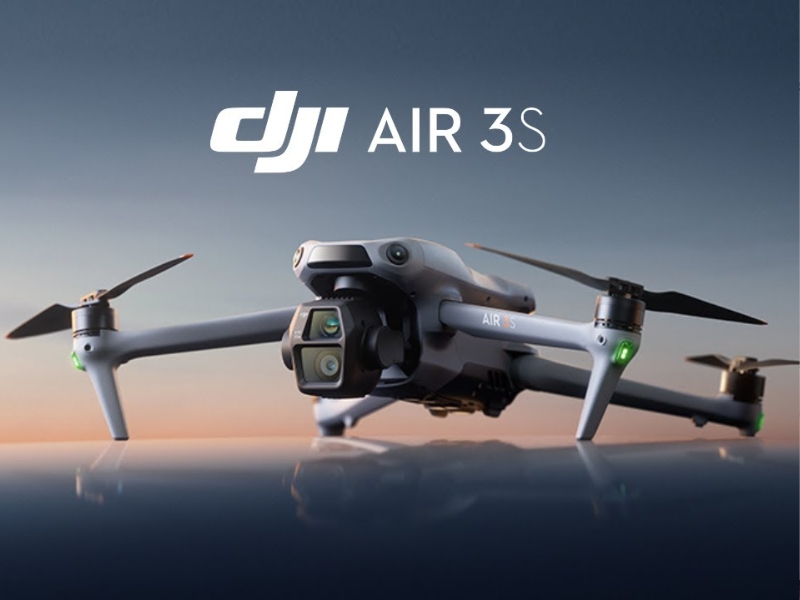
Why it’s great: The telephoto lens captures distant details, like neighborhood amenities, while the long battery life supports extended shoots.
Use case: Versatile for both residential and commercial properties, especially those with large lots.
4. DJI Mavic 3 Pro
Specs: 5.1K/50fps, Hasselblad 4/3 CMOS sensor, 43-minute flight time, triple-lens system.
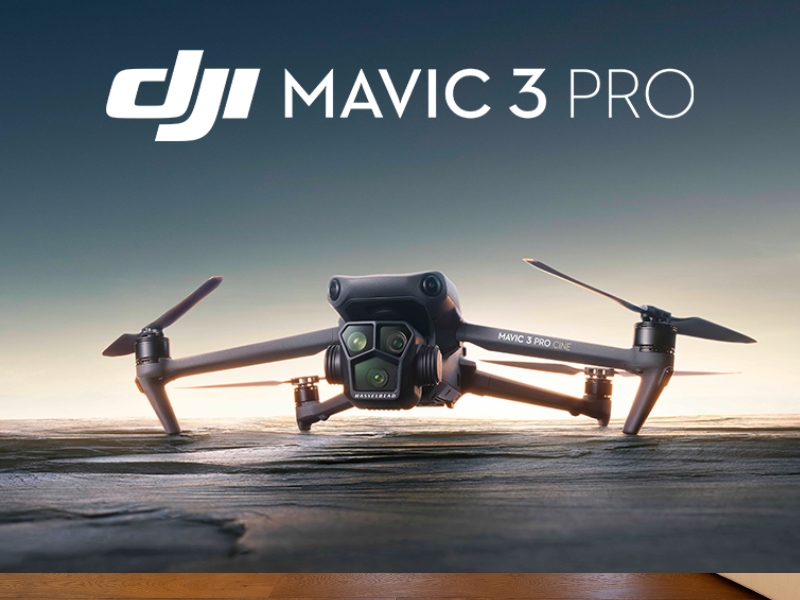
Why it’s great: The Hasselblad camera delivers unmatched color accuracy, and the telephoto lens (70mm, 166mm) zooms in on architectural details without losing quality.
Use case: Premium estates or commercial buildings needing cinematic, high-resolution footage.
5. Autel Robotics Evo Lite+
Specs: 6K/30fps, 1″ CMOS sensor, adjustable aperture (f/2.8–f/11), 40-minute flight time.
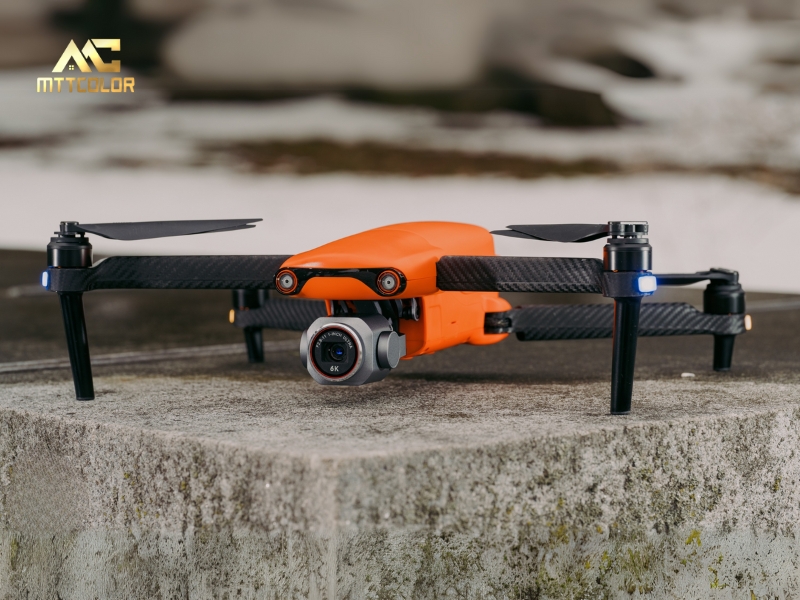
Why it’s great: The adjustable aperture adapts to changing light, perfect for filming properties at different times of day. Its compact size is travel-friendly.
Use case: Mid-range projects, like townhouses or small commercial spaces.
Getting Started with Real Estate Videography Using Drones
Launching a drone-based videography business requires preparation. Here’s how to begin:
Understanding FAA Regulations and Local Laws
In the U.S., commercial drone operations must comply with FAA Part 107 rules. For example, drones cannot fly over people or at night without waivers. Check local ordinances, as some cities restrict drones near schools or airports. Use apps like AirMap to verify airspace restrictions before flying.
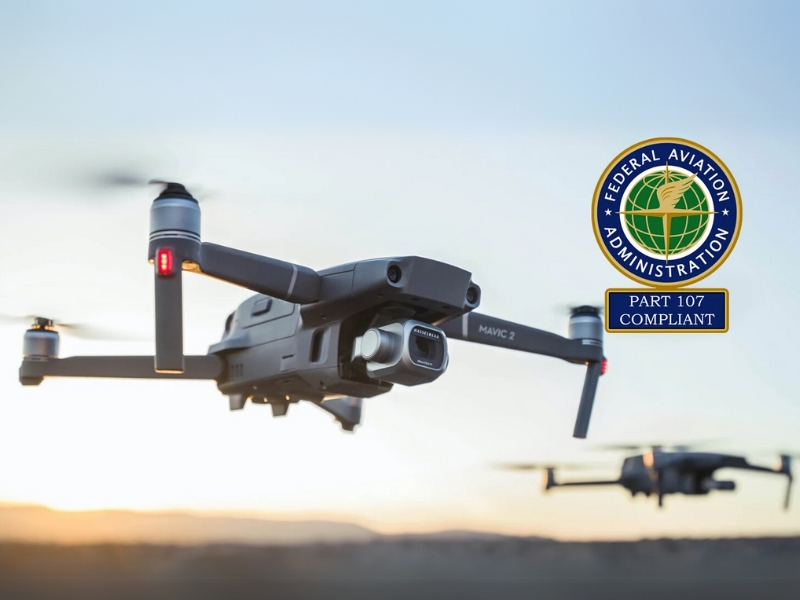
Obtaining a Part 107 License for Commercial Use
To film properties for profit, you need an FAA Part 107 Remote Pilot Certificate. The test covers airspace classification, weather effects, and emergency procedures. Study resources like the FAA’s free guide or paid courses from Drone Pilot Ground School (cost: ~$299). The license takes about 2–3 weeks to obtain after passing.
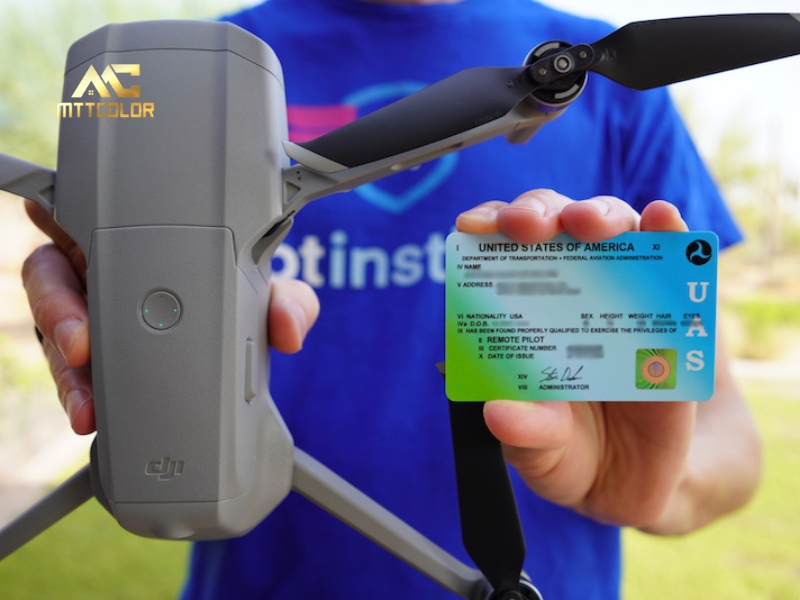
Selecting a Drone Based on Budget and Needs
Beginners should start with affordable options like the DJI Mini 4 Pro ($759), which balances quality and ease of use. Professionals with larger budgets can opt for the DJI Mavic 3 Pro ($2,199) for superior footage. Consider accessories like extra batteries or ND filters for better video quality.
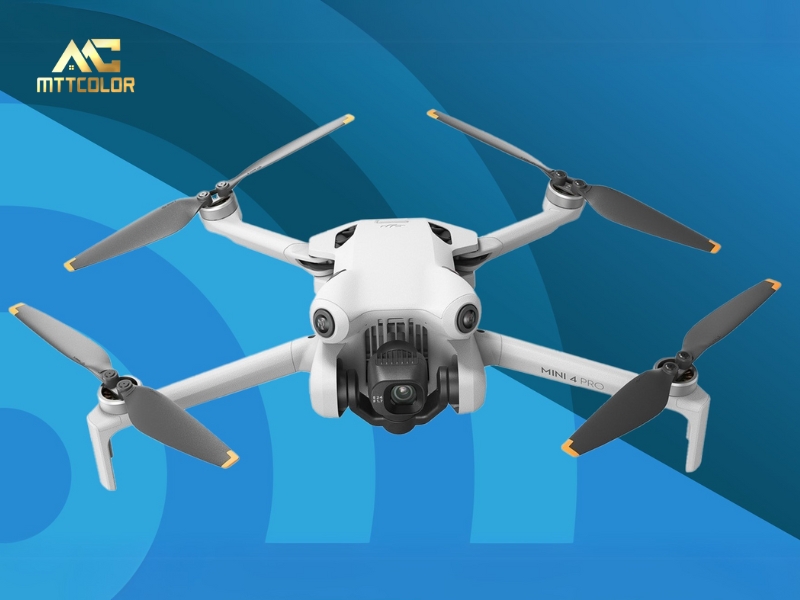
Expert Tips for Capturing Stunning Real Estate Videos
Drawing from years of real estate videography experience, here are detailed tips to elevate your footage:
Planning Your Shots in Advance
Visit the property or use Google Earth to map out key shots, such as a low-altitude flyover of the front facade or a high-altitude view of the neighborhood. Create a storyboard listing must-have shots, like the pool, driveway, or nearby parks. For example, a 5-minute video might include 10–15 clips, each 5–10 seconds long.
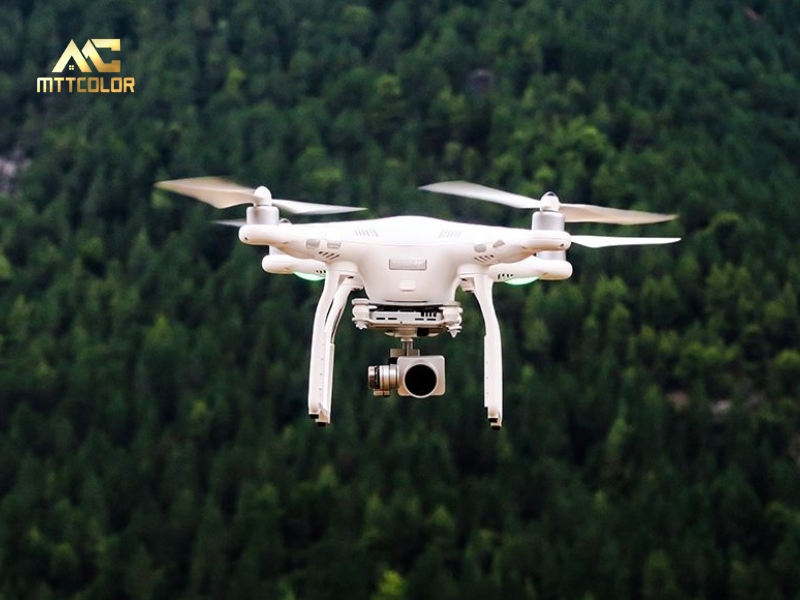
Filming During Golden Hour for Optimal Lighting
Shoot 30 minutes after sunrise or before sunset for warm, diffused light that minimizes harsh shadows. For a coastal property, golden hour highlights ocean views and softens building textures. Use apps like Sun Seeker to track optimal times.
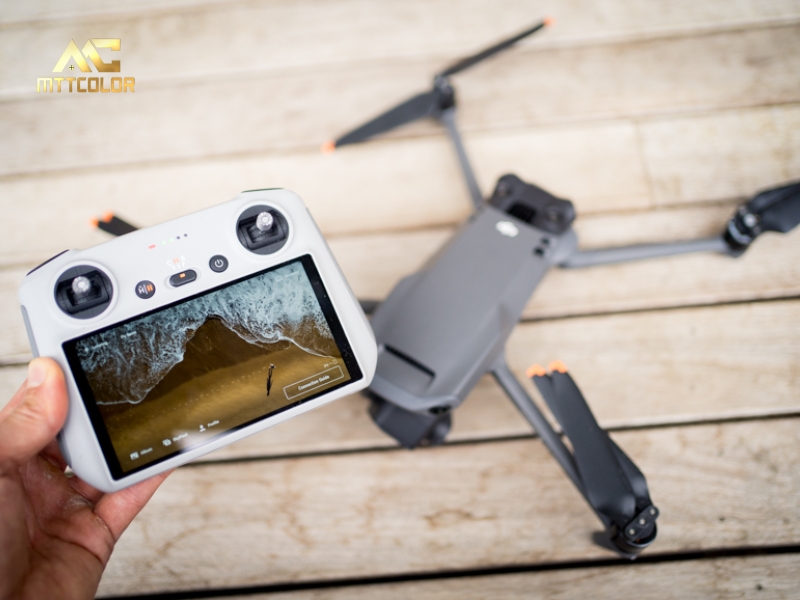
Mastering Composition and Camera Angles
Apply the rule of thirds to position the property off-center for a balanced frame. Experiment with movements like a slow push-in to the front door or a circular orbit around a unique feature, such as a fountain. Maintain altitudes between 30–120 feet to comply with FAA limits while capturing context.
Post-Production Editing for Professional Results
Use Adobe Premiere Pro ($20.99/month) or DaVinci Resolve (free) to enhance colors, stabilize shaky footage, and add transitions. For example, apply a LUT (Look-Up Table) to give videos a cinematic tone, and overlay text to highlight property features like “3,500 sq ft” or “Oceanfront.” Add royalty-free music from Epidemic Sound (~$15/month) to set the mood.
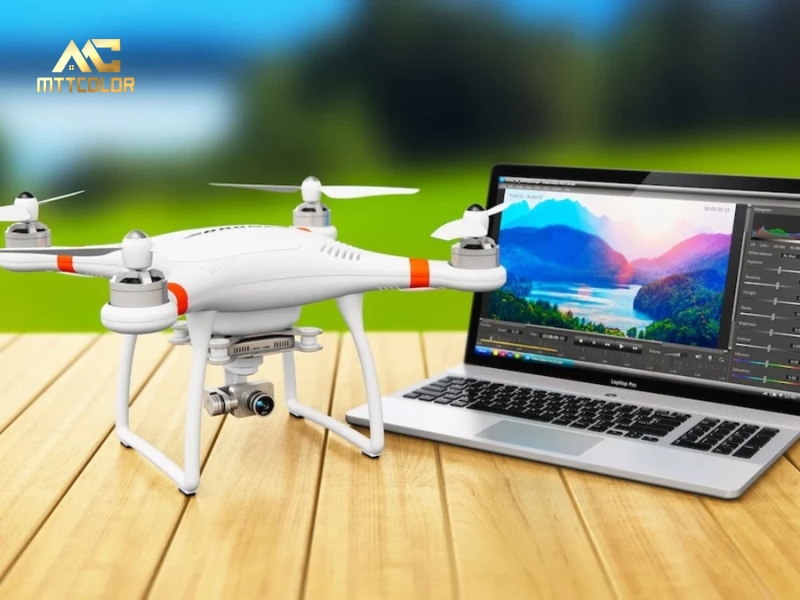
Best Practices for Safe and Effective Drone Use
Safety and professionalism are critical for successful drone operations:
Respecting Privacy and Property Boundaries
Never fly over neighboring properties without consent, as this can violate privacy laws. For example, avoid capturing footage of private backyards or windows. Use geofencing features on drones like the DJI Air 3S to set no-fly zones.
Regular Drone Maintenance for Longevity
After each shoot, clean lenses with a microfiber cloth, inspect propellers for cracks, and store batteries at 50% charge to extend lifespan. Update firmware via the manufacturer’s app (e.g., DJI Fly) to ensure optimal performance. A well-maintained drone can last 2–3 years with heavy use.
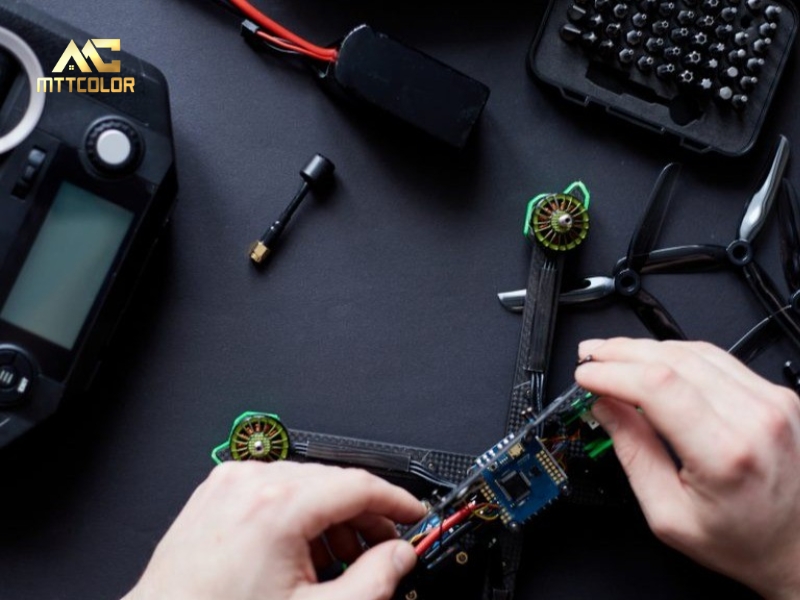
Managing Challenging Weather Conditions
Check weather apps like UAV Forecast for wind speeds and precipitation. Avoid flying in winds above 20 mph or during rain, as moisture can damage electronics. If winds are moderate (10–15 mph), use drones with high wind resistance, like the Autel Evo II Pro V3, and adjust gimbal settings for smoother footage.
Frequently Asked Questions About the Best Drones for Real Estate Videography
What’s the Best Drone for Beginners in Real Estate Videography?
The DJI Mini 4 Pro is the top choice for beginners, offering 4K HDR, intuitive controls, and automated modes like QuickShots for $759. Its under-250g weight simplifies regulatory compliance.
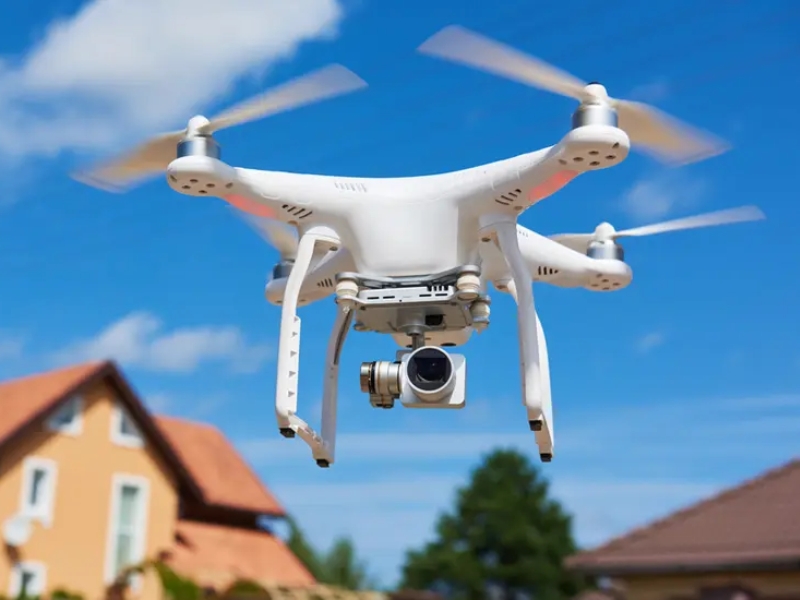
Do I Need to Register My Drone with the FAA?
Drones over 250g used commercially must be registered with the FAA ($5, valid for 3 years). Drones under 250g, like the DJI Mini 3 Pro, are exempt for non-commercial use but require registration for paid work.
Why Are Drones Under 250g Beneficial for Real Estate?
Drones under 250g, such as the DJI Mini 4 Pro, face fewer FAA restrictions, including no registration for hobbyists and fewer airspace limitations. They’re ideal for quick urban shoots.
How Can I Achieve Smooth Footage in Windy Conditions?
Use drones with advanced stabilization, like the DJI Air 3S, and enable sport mode for better control. Adjust gimbal pitch to -90° for steady downward shots, and fly early in the morning when winds are calmer.
Related Posts
Tips & Trick for Real Estate Photography & Videography
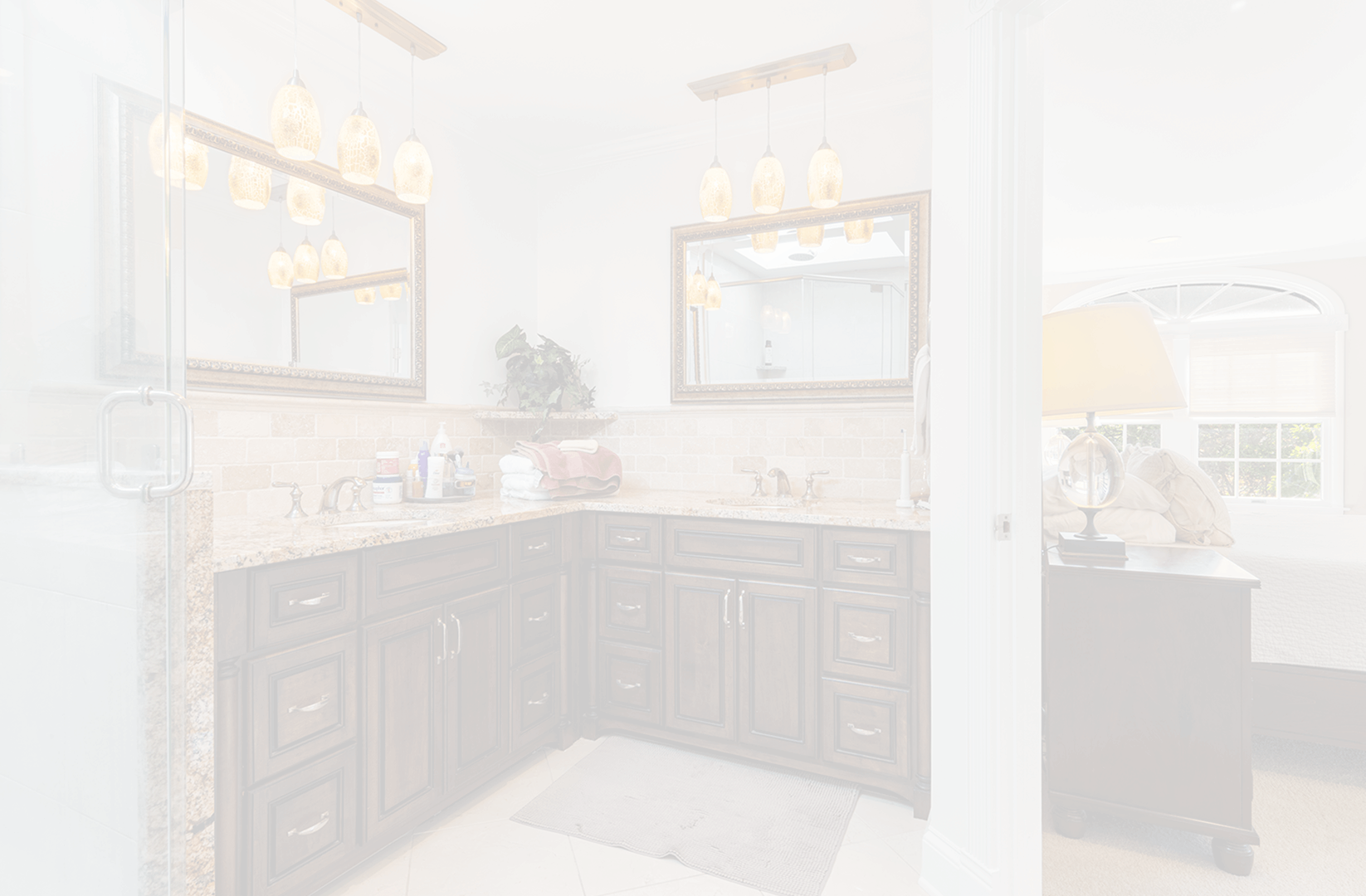
0
Images Processed Everyday
0
Happy Customer
0
Year Experience
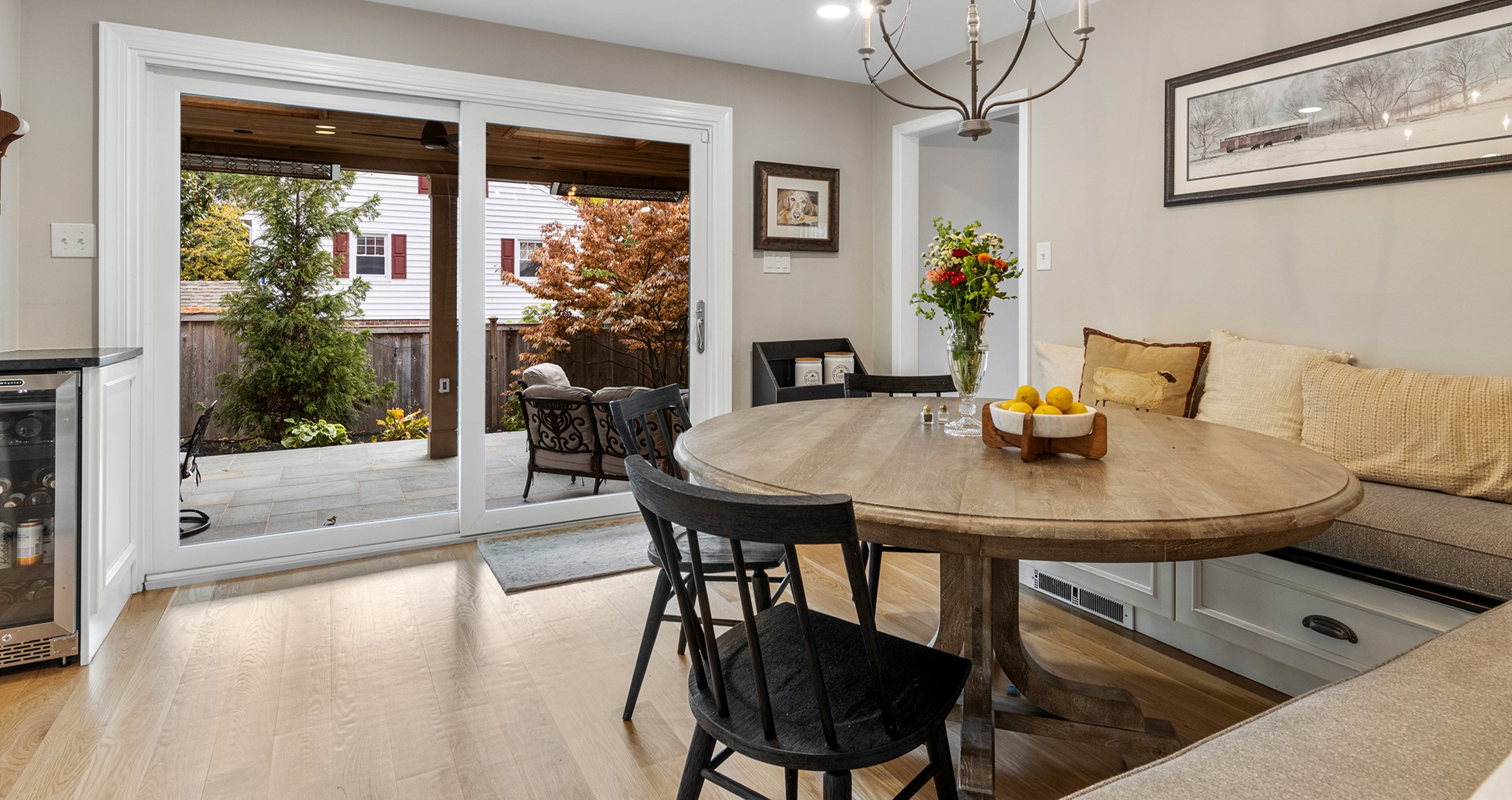
MTTCOLOR
is the leading real estate photo and video editing service, trusted by thousands of satisfied customers around the globe. With over 10 years of experience in both photo and video editing for real estate we specialize in helping clients buy, sell, or rent properties with stunning, professionally edited images and videos. Let us bring your dream home to life with our expert real estate editing services.
Frequently asked questions
How much do your services cost?
We cater to customers at various price points, ranging from around $0.50 per image to over $3 per image. We understand that you may have a specific budget in mind for outsourcing. That's why we're very flexible with pricing. Feel free to propose your numbers, and we'll do our best to accommodate. We're also open to discussing everything to ensure a smoother process.
Please note that in Vietnam, it is customary for the customer to cover PayPal fees (or any transaction fees), and we recommend doing so. On our end, we cover currency conversion fees, which are quite similar. Think of it like splitting the bill at a restaurant.
How can I send files?
Simply upload your images on Dropbox, Google Drive, or Wetransfer and send us the link in an email. To make things easier, you should specify the number of input files along with any special requirements.
How does the process work?
Before using our services, you can send us a test order of up to 10 images, and we’ll do it FREE of charge just to understand your style. After that, we can agree on the pricing and proceed from there.
Outsourcing post-production has never been easier:
Step 1: You can either fill out the test order form or send your input directly to our email via Dropbox, Google Drive, FTP, or Wetransfer. We’ll send you a confirmation email to let you know we’ve received your order.
Step 2: Your images/videos will go through thorough editing and quality checks.
Step 3: Receive your package and complete the payment transfer. You can also send us any revision requests if needed.
What are your working hours?
We work 24/7, always available to support you.
Can I request urgent orders?
Yes, with a large team of editors, we can prioritize and accommodate rush delivery if possible. Please give us a heads-up via email at mttcolor8@gmail.com at your earliest convenience so we can check the feasibility and timeline for these special orders.
